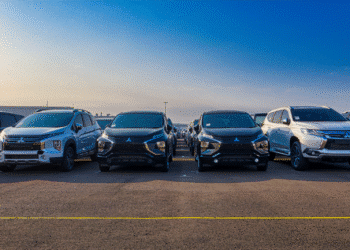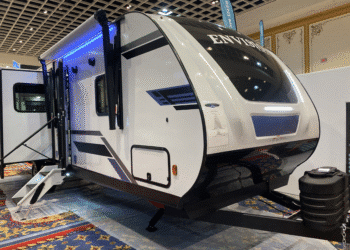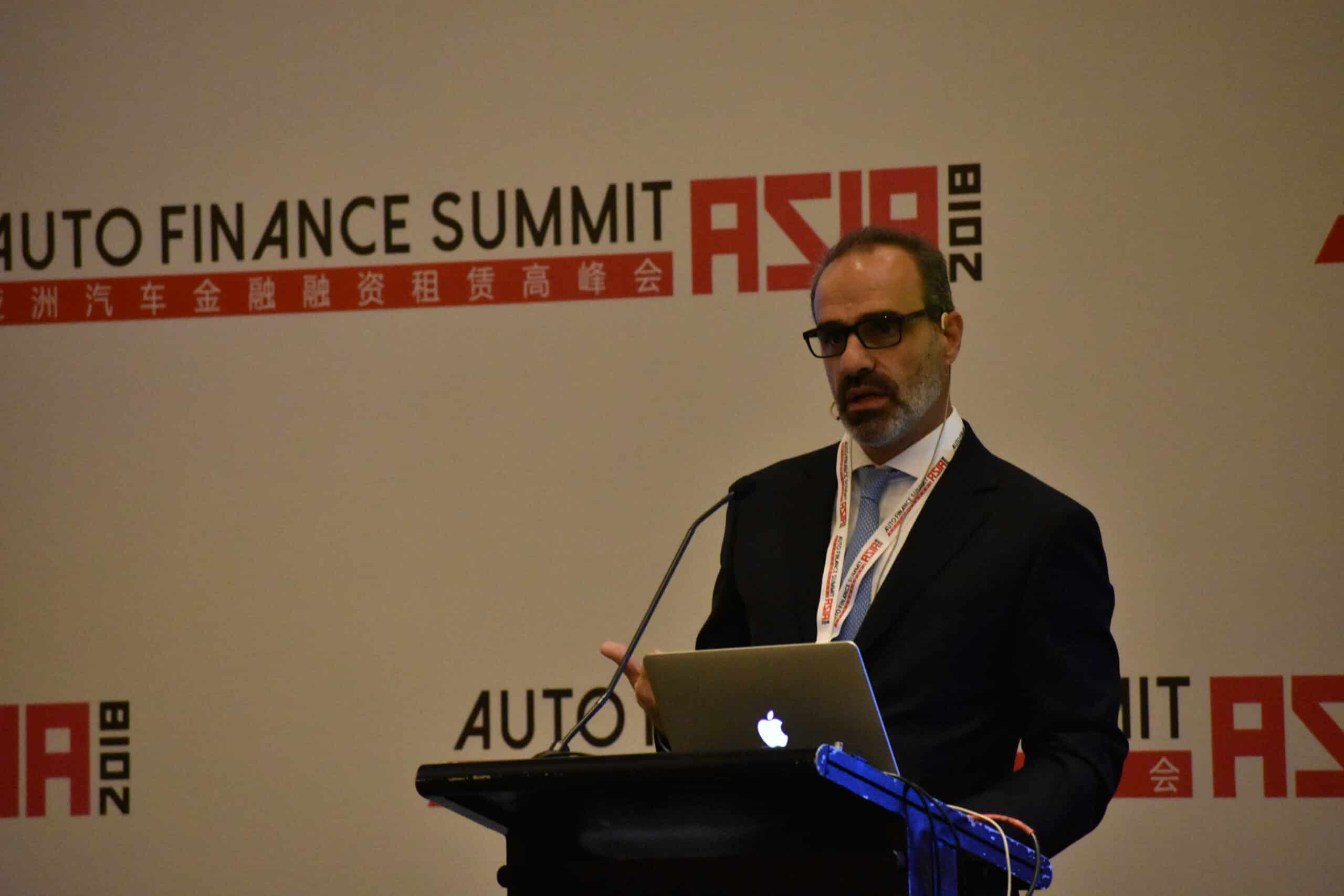Credit Union Auto Loans Experience Growth Amid Rising Interest Rates

Credit union auto loan originations for both new and used increased year-over-year, according to the Credit Union National Association (CUNA).
The increase is attributed to the rising interest rate environment as credit unions have traditionally had better rates than its competitors, Sonya McDonald, executive vice president, and chief lending officer for Randolph-Brooks Federal Credit Union, told Auto Finance News.
“Even in a rising rate environment, it makes sense for dealers to work with credit unions to get the best rate for their customers,” McDonald said.
The distribution for new auto loans increased 2.2% year over year to 13.9% of total loans made by credit unions across their various consumer loan products, according to CUNA. Meanwhile, used auto loans increased 0.9% to 21.3% of total loans.
Additionally, John Carrington, senior vice president of sales for CU Direct, told AFN that credit unions are more immune to the effects of rising interest rates. With that advantage in mind, “more credit unions are starting to realize that auto loans are their bread and butter,” Carrington said. “It’s the core in what [credit unions] do as a consumer based organization.”
Auto overall comprised 35% of credit union consumer loans and total credit union memberships grew 0.4% during July, CUNA noted.
“Credit union membership has grown for 69 consecutive months, reaching 116.8 million members, for an annual pace of 4.8%,” Samira Salem, CUNA senior economist, said in the press release. Salem also notes that higher interest rates and the likelihood that they will increase further in the short term could be “driving increased demand,” she said.
Credit unions also experienced a drop in delinquencies to 1.2% of total outstandings compared with 1.3% in 2Q17, according to Experian data. Credit unions managed to lower late-stage delinquencies as well.
While credit unions experience growth in the auto sector, captives and banks are lagging in the industry efforts to reduce delinquencies, according to Experian — and the rising interest rate environment is on captives’ radar.
“Rising interest rates are causing our biggest risk, not only for sales, but the rising rates on our commercial portfolio as well,” Kevin Cullum, president of Nissan Motor Acceptance Corp., told AFN.
Since dealers have operated at a low-interest rate environment for almost a decade, rising rates put pressure on their operations and profitability, impacting the business on the retail side. “[Rising interest rates] impact the dealers able to manage the right inventory to support those customers where the rate is going to impact their monthly payment and their commercial debt,” Cullum added.









